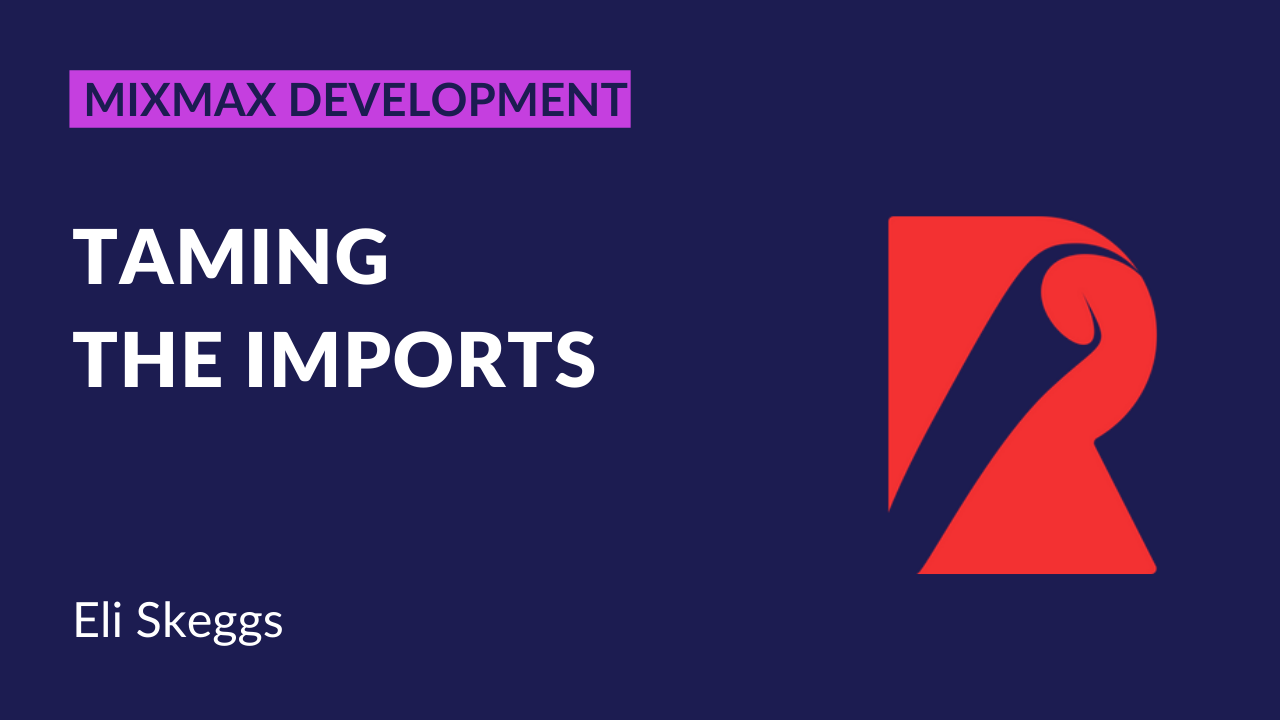Performance is critical to every web application, and something we care deeply about at Mixmax. That's why we invest in performance best-practices, such as limiting the size of the Javascript that we serve for our application. We use a tool called rollup.js, which performs code "tree-shaking" at build-time. Tree-shaking, in contrast to dead code removal, uses explicit imports to only include what you use in the resulting code bundle.
When we adopted Rollup, we were happily forced to adopt ES6 imports. However, referencing specific modules threatened to become a relative-pathing nightmare. Our codebase lives in a directory structure which includes subdirectories for things like views and models, and has grown pretty deep, so we have to use paths like:
|
However, some tools like Babel have plugins that support an absolute-style import, where the absolute path refers to the root of the project. This would reduce our relative import, above, into simply:
import UserModel from '/models/user';We couldn’t just use Babel's plugin, because rollup.js needs to resolve the modules and shake the tree before Babel runs, so we wrote our own plugin for rollup that supports importing from the root of the project. Cheers!
README
Add the ability to import modules by the root path, like babel-root-slash-import.
|
Install
$ npm install --save-dev rollup-plugin-root-importUsage
|
API
rootImport(options)
Creates a rollup plugin to resolve absolute-pathed imports relative to the project's entry or specified root directory/ies.
Options:
rootan optional string or ordered array of strings, which represent the roots from which to try and resolve imports.useEntryif provided, should be either'prepend'or'append', where each signify that the directory containing the entry should be prepended or appended to the array of roots, respectively. By default, ifrootis provided anduseEntryis not provided, the directory of theentrymodule will not be used to resolve absolute-pathed imports.extensions, if provided, specifies a string or ordered array of strings, each of which represents an extension to append to the resolved file if the import isn't found verbatim.



